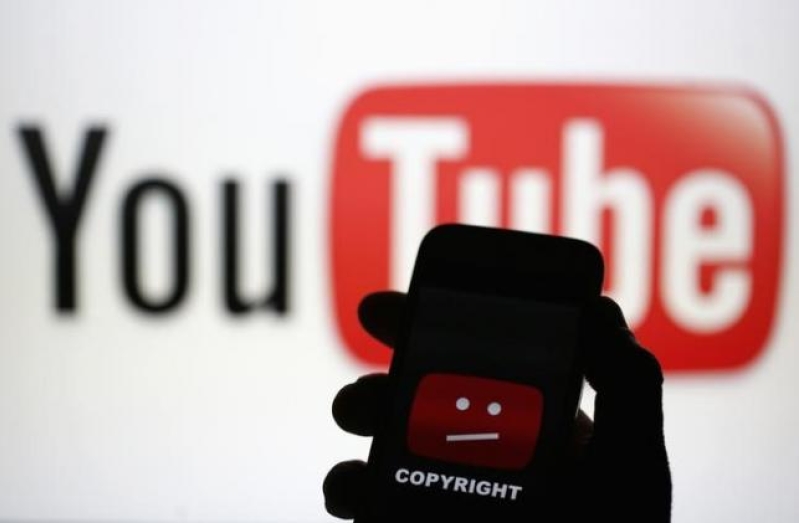
If you aren't familiar with Doug Walker, he has been entertaining the Internet for several years as the Nostalgia Critic. The usual format for his online video channel, Channel Awesome, is to talk about bad movies, often showing a lot of footage. The footage is protected by Fair Use, which is a brief exception where copyrighted videos can be shown verbatim briefly, in such uses like criticism, news reporting, teaching, without the need to obtain formal permission from the copyright holder. Doug, like many other YouTubers, is finding that YouTube is challenging his right of Fair Use, and will often step in and remove channels or monetization privileges without any warning.
One of Doug's latest videos has Doug addressing his audience directly to talk about the problem. Last January 5th, Doug received an email from YouTube saying that his monetization privileges had been disabled. He was able to figure out why the strike was given to him due to a quick review of the Studio Ghibli film My Neighbor Tortoro, which is protected by Fair Use.
Violation of Fair Use will give any YouTuber a strike, which means that videos will be limited to fifteen minutes. The removal of monetization should not be happening, and affects Doug Walker's salary as a professional Internet video content maker. When Doug went to the YouTube Partner Support, and in spite of YouTube's promise that help would arrive within one business day, nothing was heard by Doug from YouTube for three weeks.
Doug then took it to the next level to file a DMCA (Digital Millennium Copyright Act) counter claim, but every time he did this, he received a server error. After communicating with YouTube again, they sent Doug an email with a link to try, but this didn't work either. YouTube then insisted that information was missing in Doug's report, but Doug knew that he had filled out everything.
In the three weeks that Doug has been trying to get in touch with YouTube, no human being at YouTube has got back with him. His problems with YouTube have shown that the video-sharing site uses automation and programming algorithms rather than any legitimate customer support from actual human beings.
Many YouTubers have experienced the same problem, and they found the only way to resolve issue was to escalate their issues until they received answers. According to Doug's Channel Awesome entry, other YouTubers have been affected such as Alternate History Hub (can't monetize new videos, with no explanation from YouTube), Eli the Computer Guy (who had a 2-year-old video get a community strike with inexplicable denied appeal), I Hate Everything (the channel was suspended with no reasons as to why), RiceGum (channel suspended and reinstated within a day). Your Movie Sucks (constantly dealing with claims and strikes).
After Doug posted his "What the Hell YouTube" video addressing his problem, he posted another video the next day describing that four hours after his first video posted, and his monetization is back. YouTube gave no explanation as to why it happened.
What happened to Doug Walker and other YouTubers is a lesson about YouTube's rules, and how the video-sharing company has authoritarian powers to essentially delete accounts, take down videos, and remove monetization for any reason they see fit, and not inform the user why. Worse yet, there is no physical person at YouTube that can be reached to address customer problems, only automation.
What the YouTuber can do to protect themselves is to make certain that their videos are saved somewhere, as even family videos might not be protected online at YouTube. Considering that a lot of people are making living on YouTube, this is serious. If you are a YouTube user that is experiencing similar or even worse problems, the solution is to go public with it in order to receive answers.
Yes, that really shouldn't happen, but is this where we are at with YouTube? The content creators are getting punished for false claims by having their monetization or channels taken down, but those at YouTube who issue the false claims are not facing any consequences.






